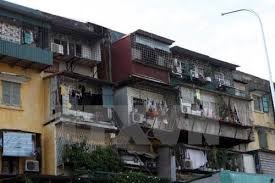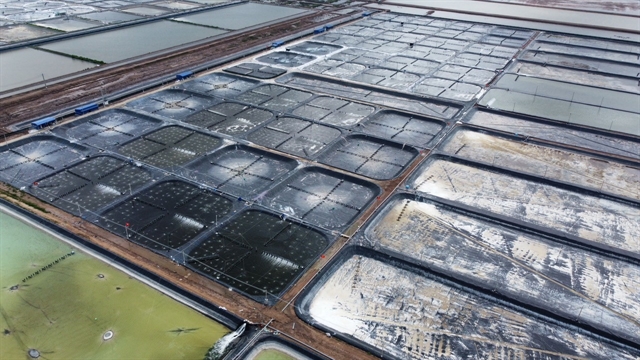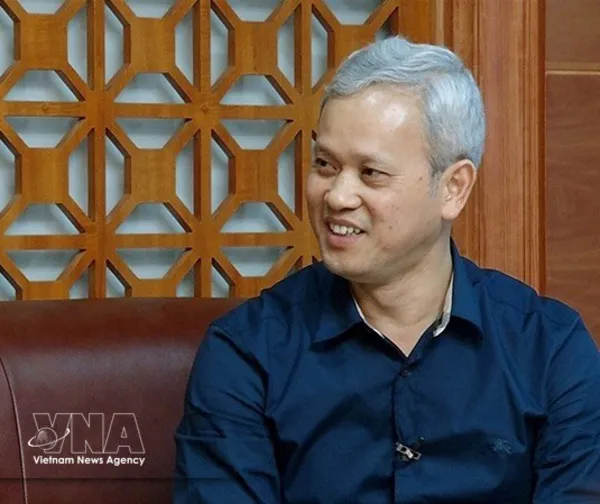 Society
Society

The HCM City People’s Committee has issued Decree 28 which contains new regulations on compensation, support and resettlement for individuals and organissations whose land has been taken back by the State for public work projects.
 |
| The Decree 28 contains new regulations on compensation, support and resettlement to individuals and organisations whose land is taken back by the State for public work projects. — VNA/VNS Photo |
HCM CITY – The HCM City’s People’s Committee has issued Decree 28 which contains new regulations on compensation, support and resettlement for individuals and organissations whose land has been taken back by the State for public work projects.
Effective August 19, the decree states that persons who have their land recovered will be compensated with new land which has the same purpose of use.
If no land for compensation is available, the persons will instead receive compensation equal to the land-use right value at the time of issuance of the recovery decision.
In cases of compensation for new land or houses, if there is any difference in value, such differences will be paid in cash.
The compensation process must be fair, public and on time, the decree states.
Persons who have land recovered will receive support for relocation, life stabilisation, and job change training, among other supports.
If the State recovers land from users who have not fulfilled their land-related financial obligations as required by current laws, the amount of their financial obligation will be deducted from the total compensation.
If residents fail to meet all conditions for compensation, the People’s Committees of the districts will consider and provide support.
The People’s Committees at different administrative levels will assign new land to individuals with agricultural land that is expected to be recovered by the State. These individuals have to be directly engaged in agricultural production as their main source of livelihood.
As for resettlement, when land users who have land recovered by the State must be relocated, they will be resettled in one of various methods. These include compensation for residential housing, compensation for new residential land, or cash compensation to buy a new residence.
In addition, the city will also consider support and compensation for persons who have a temporary construction permit to renovate old houses or build new houses.
In particular, the authorities will consider compensating 80 per cent of the value of the house or building that has been built on “construction land”.
For “non-construction land”, the city will compensate 60 per cent of the value.
Last year, the city’s People’s Committee issued temporary construction permits to owners to renovate old houses or build new houses in areas where construction projects had been suspended, or in areas on the city’s 1:2000 programming map.
Under the regulation, individuals or organisations are allowed to renovate or build a new structure with no more than three floors.
In mixed agricultural land and residential areas, owners can either renovate or build a new building if the structure was built before July 2006. If it was built after that time, only renovation can be done.
In areas with road traffic projects or along railway safety corridors, owners can renovate or build a new house of no more than three floors.
The city has about 570 suspended projects with a total area of over 20,000ha, according to the city’s Department of Natural Resources and Environment. — VNS




